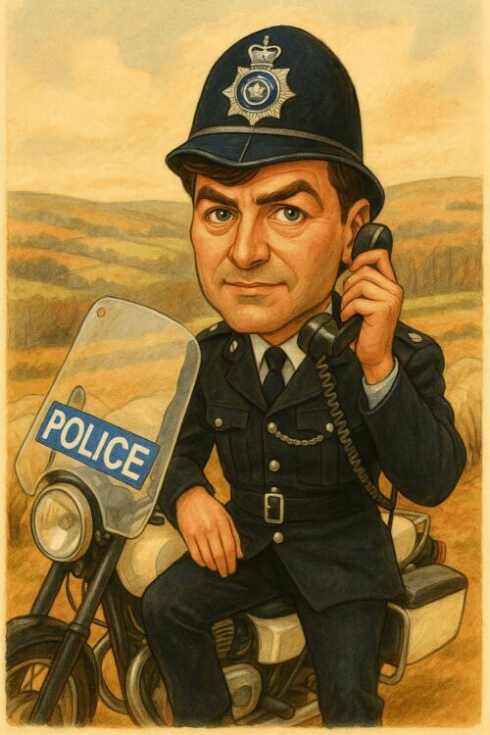Nick Berry
Nick Berry was the heartthrob who proved he could act. As “EastEnders’” bad boy Simon Wicks and “heartbeat‘s” wholesome PC Nick Rowan, he bridged soap opera and Sunday night drama with surprising grace.
Berry’s secret was his everyman appeal. Whether navigating Albert Square’s dramas or Yorkshire’s crime wave, he played ordinary men in extraordinary circumstances with understated charm. His Rowan in particular became a comfort tv icon – the decent copper in a world going mad.
Though he stepped back from acting, his influence endures in shows like “Death in Paradise” that blend light and dark. Proof that nice guys don’t always finish last – sometimes they become national treasures.
